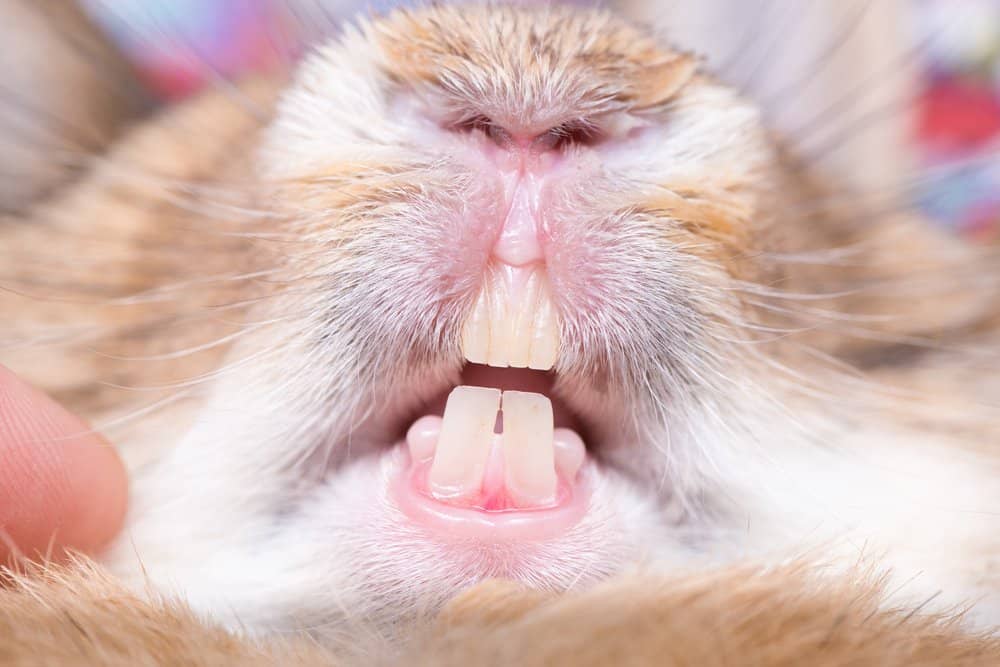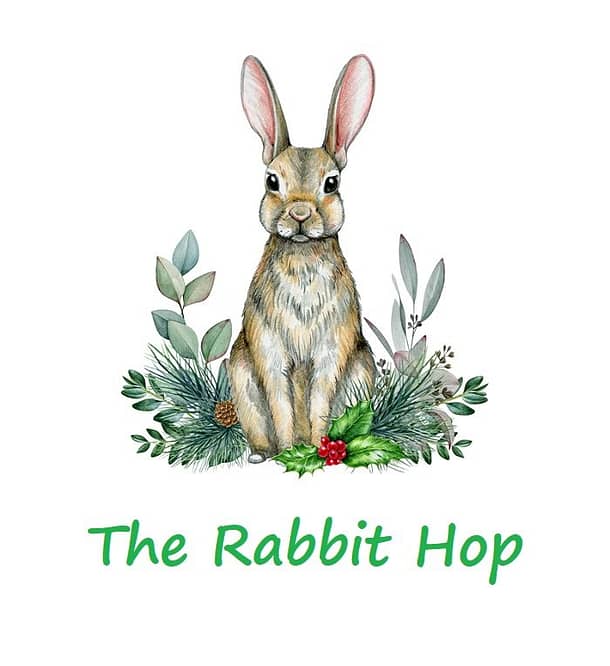Most pet rabbits stay very healthy if they receive proper food and care. Veterinarians know of a few common health problems of pet rabbits and advise owners to watch for them. When problems develop, it helps to have a basic understanding of the problem. This aids in finding the best solution before it gets worse. The solution might be a simple home remedy. Occasionally, it requires a trip to your vet.
Know the Common Health Problems of Pet Rabbits
Dental Problems
Rabbits with healthy, normal teeth keep them in tip-top shape with regular eating and chewing. A rabbit’s teeth grow continually, so these chewing is necessary to prevent overgrowth.
Occasionally, a rabbit is born with incorrect teeth. Sometimes an accident causes the teeth to be twisted or broken. In these cases, you need to watch for problems and act quickly to correct the issue. When a rabbit stops eating or seems to be getting thin, check the teeth to see if that is the problem. Rabbits with overgrown or broken teeth often stop eating and lose weight.
Overgrown teeth need to be kept trimmed. Most rabbits learn to accept this procedure and return quickly to their normal eating.If the teeth have grown or twisted into the lips or surrounding tissue, consult your vet for resolving the problem.
For more details, check out Dental Problems in Rabbits
Best tip: Check your rabbit’s teeth at least weekly. Problems are easier to resolve if found early.


Ear Infections and Other Problems
Ear problems can happen to any rabbit. Sometimes, it’s an ear mite issue that becomes an ear infection. Other times, it might be a build-up of dirt in the ear, particularly if the rabbit runs in a dirt yard and uses his hind feet to scratch his ears.
To check for ear mites, look inside each ear. If you see something resembling coffee grounds, suspect a mite problem.
When found early, ear mites usually respond to a few drops of oil put into each ear. If the problem persists or has been caught later, consult your vet for a stronger treatment.
Like many issues, the key here remains early detection and treatment. If the ear becomes heavily infected, the problem could become chronic and might even lead to death.
For more information on ear infections and mites, check out this article: Ear Problems in Pet Rabbits.
Top Tip: Check your rabbit’s ears at least once a week. If you notice him scratching his ears, check them right away.

G.I. Stasis
Any rabbit might develop tunny troubles but we usually see this mostly in rabbits that don’t get enough roughage, especially hay. Your pet rabbit’s intestinal system thrives on lots of roughage. Interestingly, roughage also helps keep those teeth trimmed!
Other conditions might cause GI Stasis, too. Internal parasites, if left untreated, might lead to a poorly functioning gut.
Gastro-Intestinal Stasis, often called GI stasis, is just what it says. The gut is not functioning. If caught early, you might be able to give your bunny just a few drops of mineral oil, followed by a handful of hay. Remove any pellets and avoid feeding them until the problem has cleared.
If your pet rabbit seems to be in crisis and won’t even eat the hay, consult your veterinarian. A rabbit with GI stasis will fade quickly, if not treated.
Top Tip: Feed a diet that is mostly hay and other roughage. At the first sign of stomach distress, check for GI stasis.


